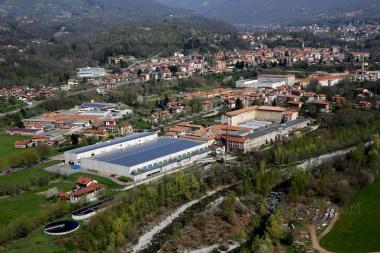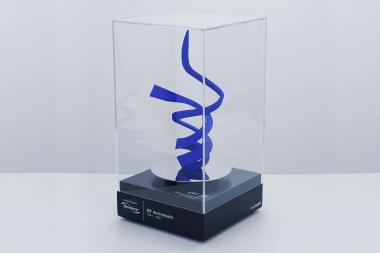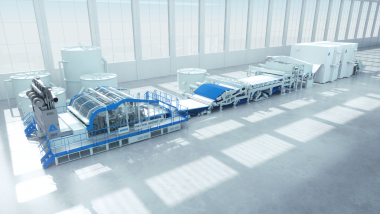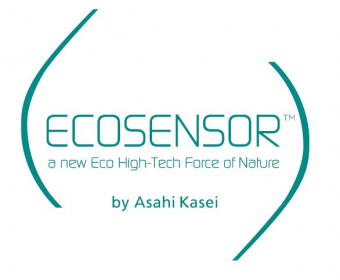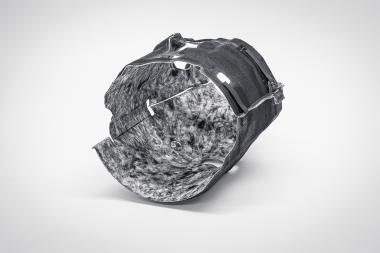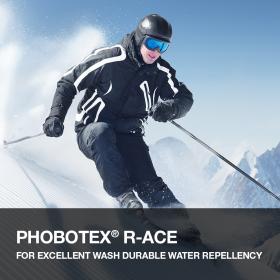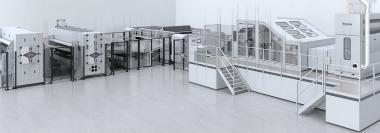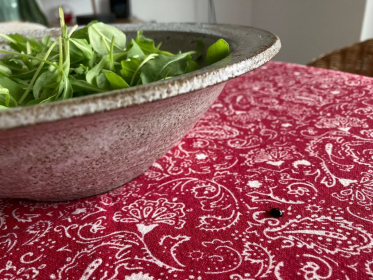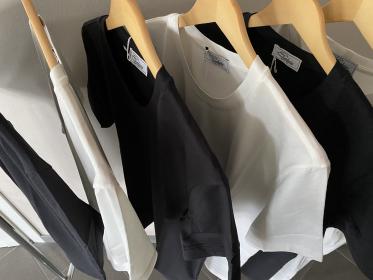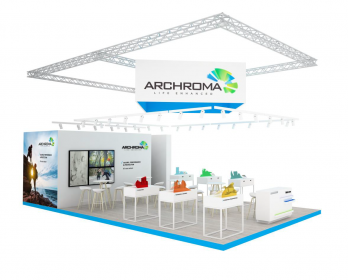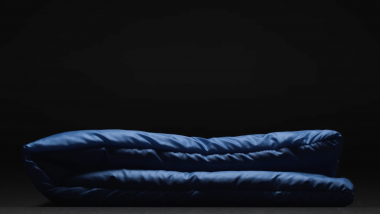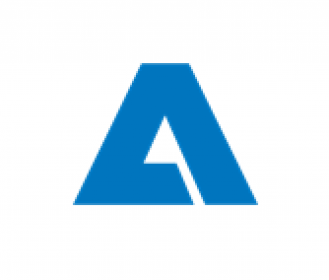Indorama Ventures acquires Tollegno 1900’s Wool assets in Italy and Poland
Indorama Ventures Public Company Limited (IVL) completed the acquisition of the wool spinning businesses in Italy and Poland of Tollegno 1900 S.p.A. (Tollegno 1900), a leading Italian manufacturer of fabrics and yarns.
Tollegno 1900 has a family-based heritage with more than 120 years of experience and is one of the leading European textile groups with a total spinning capacity of around 3,500 tons of yarn per year with a specific focus on flat knitting and hand knitting yarns. With this acquisition, IVL secured two assets, including a spinning and top-dyeing operation in Poland and a yarn dyeing operation in Italy.
The acquisition is a strategic fit for IVL’s integrated business platform and will make a significant contribution to the sustainable growth of its Wool business, which is part of the company’s Fibers segment. It will also strengthen IVL’s footprint for worsted yarns in Europe and help extend IVL’s wool products globally with trading subsidiaries in America and Asia.
The operations, which will be renamed Filatura Tollegno 1900, will add more sustainable products to IVL’s portfolio, including a full traceability project of the fibers used for yarns and fabrics, as well as provide synergies with existing assets.
Giovanni Germanetti, the CEO of Tollegno, will continue in the same role with Filatura Tollegno 1900, facilitating continuity and exploring new growth as part of IVL. Lincoln Germanetti, the President and co-CEO of Tollegno, will remain with Filatura Tollegno 1900 as COO.


